Raising capital for real estate deals isn’t what it used to be.
The game has changed—again. In the wake of rising interest rates and the first real wave of investor losses in over a decade, many private equity and real estate investors are realizing the hard truth: attracting capital today isn’t about having the best deal on paper. It’s about trust, visibility, and investor education.
If you’re struggling to raise money in the current environment, you’re not alone. But you’re also not out of options.
Here’s what’s working right now—and what investors need to understand to thrive in today’s capital-raising landscape.
The Real Roadblock: Market Distrust, Not Deal Quality
For nearly 15 years, investors had grown used to predictable gains. Many of the first-time investors who entered the private equity space after 2008 had never experienced a market downturn—until now.
Suddenly, interest rates spiked, deal flow slowed, and investor confidence took a hit. Even though many multifamily and commercial real estate assets are trading at discounts not seen in years, raising money for them has become significantly harder. Why? Fear. And not just fear of bad deals—fear of loss, fear of risk, and fear of missing the next shift.
“People are scared, and at some point, the scales will tip from fear of investing to fear of missing out,” says seasoned investor, Hunter Thompson. “That scale is going to be tipped here in the next 24 months, and then the deals aren’t going to look nearly like they look right now.”
Understanding that emotional dynamic is critical. When investors are afraid, facts don’t matter. They want clarity. They want leadership. And most importantly, they want to feel secure before they commit their capital.
The New Imperative: Marketing = Scalable Sales
Many real estate professionals are experts at deal structure, asset management, and market analysis—but struggle to attract investors because they haven’t built a strong presence or system.
The reality? If you want to raise capital at scale, you must master scalable sales. And scalable sales begin with marketing.
That means:
- Creating content that educates and builds trust
- Hosting events or webinars that introduce people to your model
- Offering lead magnets like investment guides, market breakdowns, or checklists
- Using a funnel system that nurtures cold leads into warm, committed investors
Top-line revenue doesn’t just come from finding better deals—it comes from positioning those deals in front of the right investors at the right time.
Regulation D: What Lane Are You In?
There are two primary routes investors use to raise capital under Regulation D:
- 506(b): You can accept non-accredited investors, but you can’t publicly advertise.
- 506(c): You can publicly market your offering, but only to verified accredited investors.
Each route has tradeoffs, but for many capital raisers, the ability to advertise and build a larger audience outweighs the limitations of 506(c). While it requires more due diligence, it opens the door to more exposure—and potentially, more capital.
Why Bigger Deals Require Better Systems
Most investors want to scale. But the jump from a $2M to a $20M deal isn’t just about raising more money—it’s about managing more complexity. You’re not just buying real estate anymore; you’re running a capital business.
That means systems need to be in place. From legal documents and investor relations to accounting, compliance, and communication, every piece needs to be dialed in before you scale up.
And if you want to keep control while raising from dozens—or even hundreds—of investors, the infrastructure becomes even more critical.
Self-Directed IRAs: A Powerful, Untapped Source of Capital
One of the most overlooked sources of capital? Retirement accounts. Many high-income individuals have hundreds of thousands—or even millions—sitting in old 401(k)s and IRAs that could be used to invest in real estate through a self-directed structure.
Educating your investor base about this option not only helps them diversify but also increases the likelihood that they’ll say “yes” to your next offering. Investors who self-direct are often more committed and more likely to reinvest.
Final Thought: The Capital Is Out There—But You Have to Earn It
2025 is shaping up to be a defining year for real estate investors. The market is correcting. Great deals are out there. But the capital won’t flow to those who are silent, hidden, or unprepared.
It will flow to those who build trust, educate their audience, and consistently show up with clarity, confidence, and professionalism.
If you’re serious about raising capital this year, focus less on spreadsheets—and more on strategy.
Take the Next Step
Want 2025 to be the year you finally feel on top of your taxes and business?
Start with the Trifecta Planner—your all-in-one system to stay organized, save money, and plan your growth.
- Calendar + tax deadlines
- Business tools + wealth-building tips
- Roadmap to more freedom
Download our FREE Tax Guide to uncover tips, tricks, hidden deductions, and 30+ tax-saving secrets you can implement right now.
CPAs, EAs, Brokers, Attorneys, and Financial Planners, listen up! If you’re looking to take your practice to the next level, become a Main Street Certified Advisor and help your clients navigate the tax game like a pro—while adding more value to your business.
Call us at 520-800-0986 or book your FREE Discovery Call with our supportive team today!









